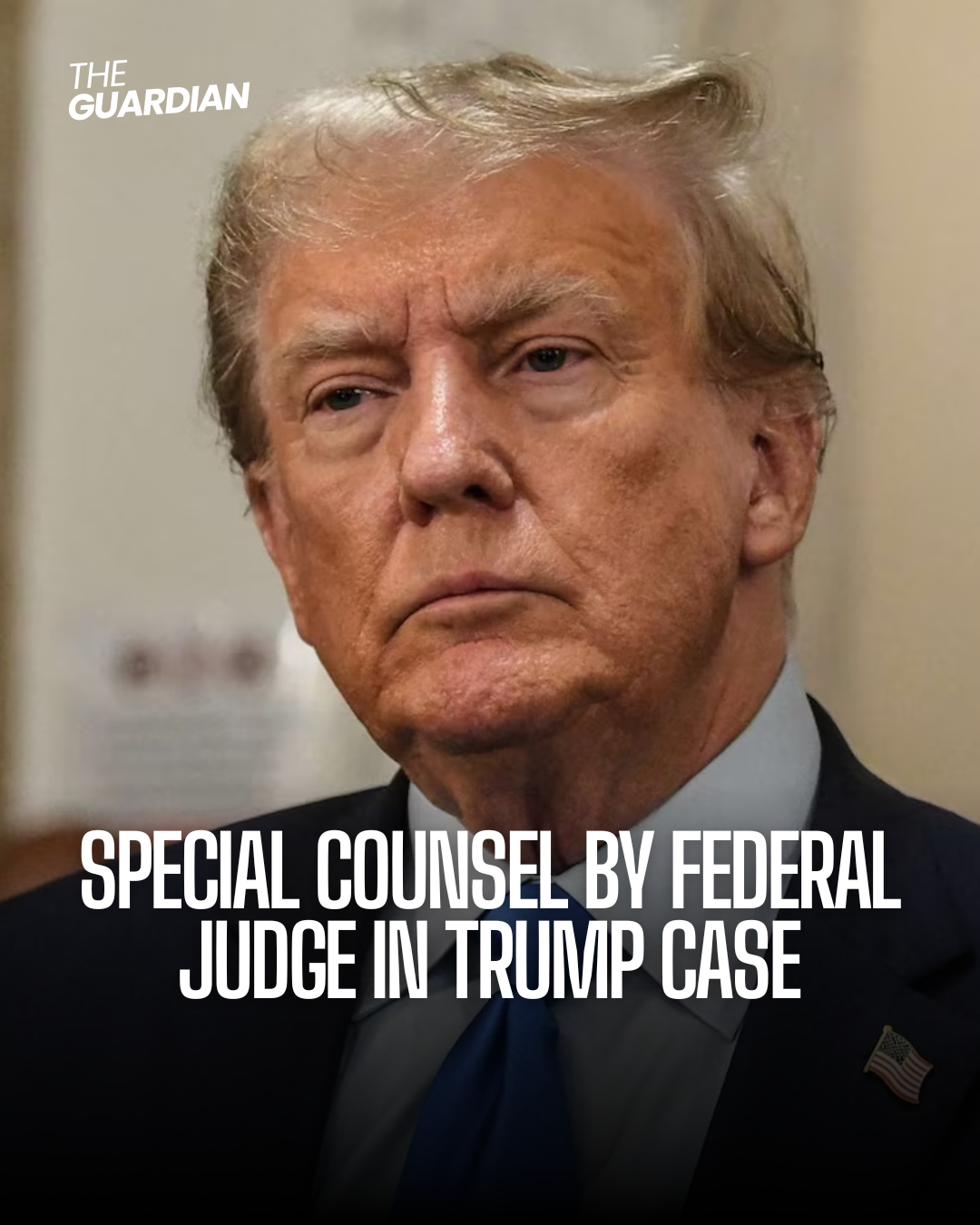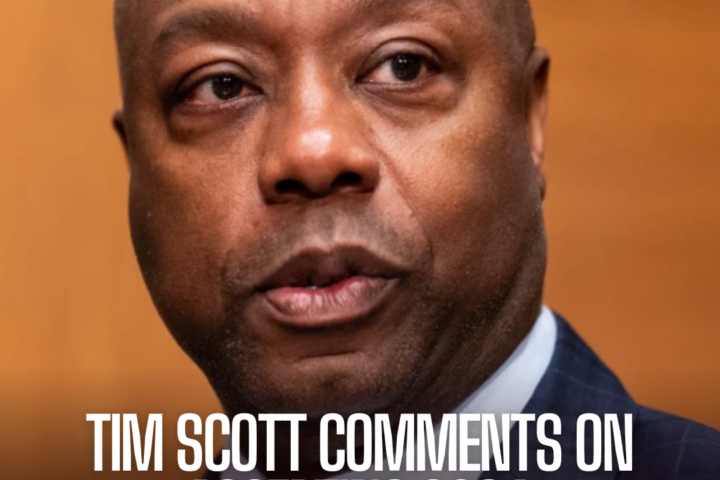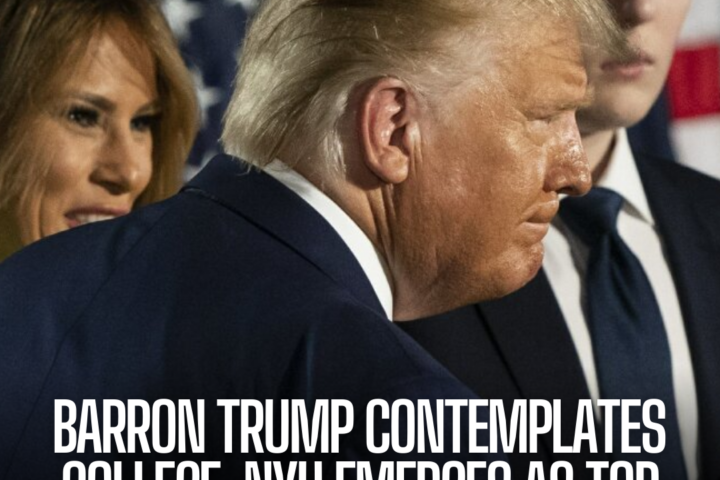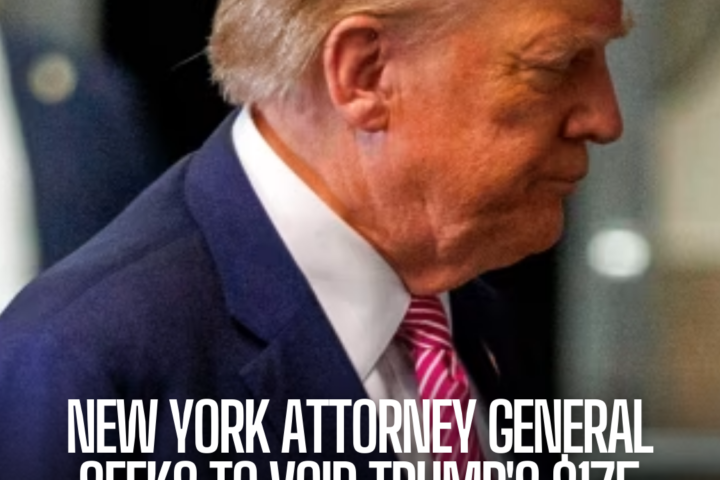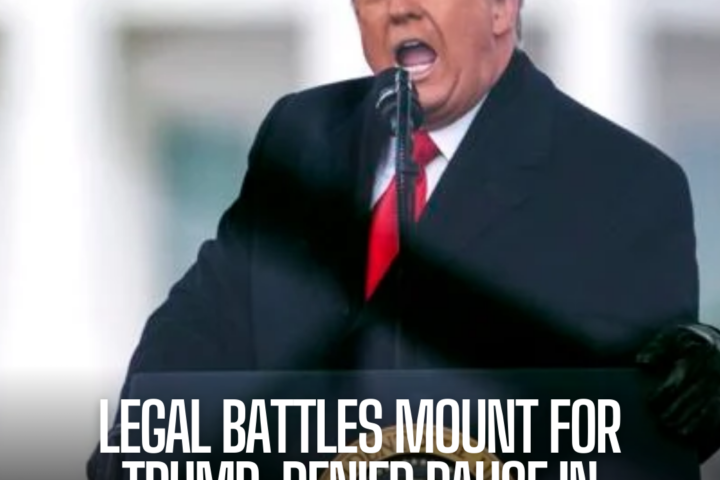In a pivotal decision on Tuesday, a federal judge ruled in favor of the special counsel prosecuting former President Donald Trump for alleged mishandling of classified documents, allowing potential witnesses’ identities to be shielded in the case, at least for the time being.
Background:
The case revolves around accusations that Trump improperly handled classified documents after leaving office in 2021, as well as allegations of obstruction of government efforts to retrieve the material.
The special counsel, Jack Smith, has been leading the prosecution, which has drawn significant attention given Trump’s high-profile status.
Legal Maneuvering:
Lawyers representing Trump sought access to information regarding certain witnesses involved in the case, which they argued was essential for Trump’s defense.
However, concerns were raised about the potential for intimidation and harassment directed at these witnesses by Trump and his supporters if their identities were revealed.
Courtroom Dynamics:
U.S. District Judge Aileen Cannon, who was nominated to the bench by Trump, initially leaned towards publicizing the witness information, emphasizing the importance of transparency in court proceedings.
However, Special Counsel Jack Smith urged the judge to reconsider, citing the potential risks to witness safety.
Judicial Decision:
In her updated ruling on Tuesday, Judge Cannon agreed to redact information from public filings that could lead to the identification of witnesses.
Instead, witnesses will be referred to using pseudonyms in court documents, offering them a degree of anonymity and protection from potential harassment.
Trump’s Response:
Trump, who has vehemently denied the charges against him, has accused prosecutors of targeting him for political reasons.
He has previously attacked judges, prosecutors, and witnesses involved in the various criminal cases against him.

